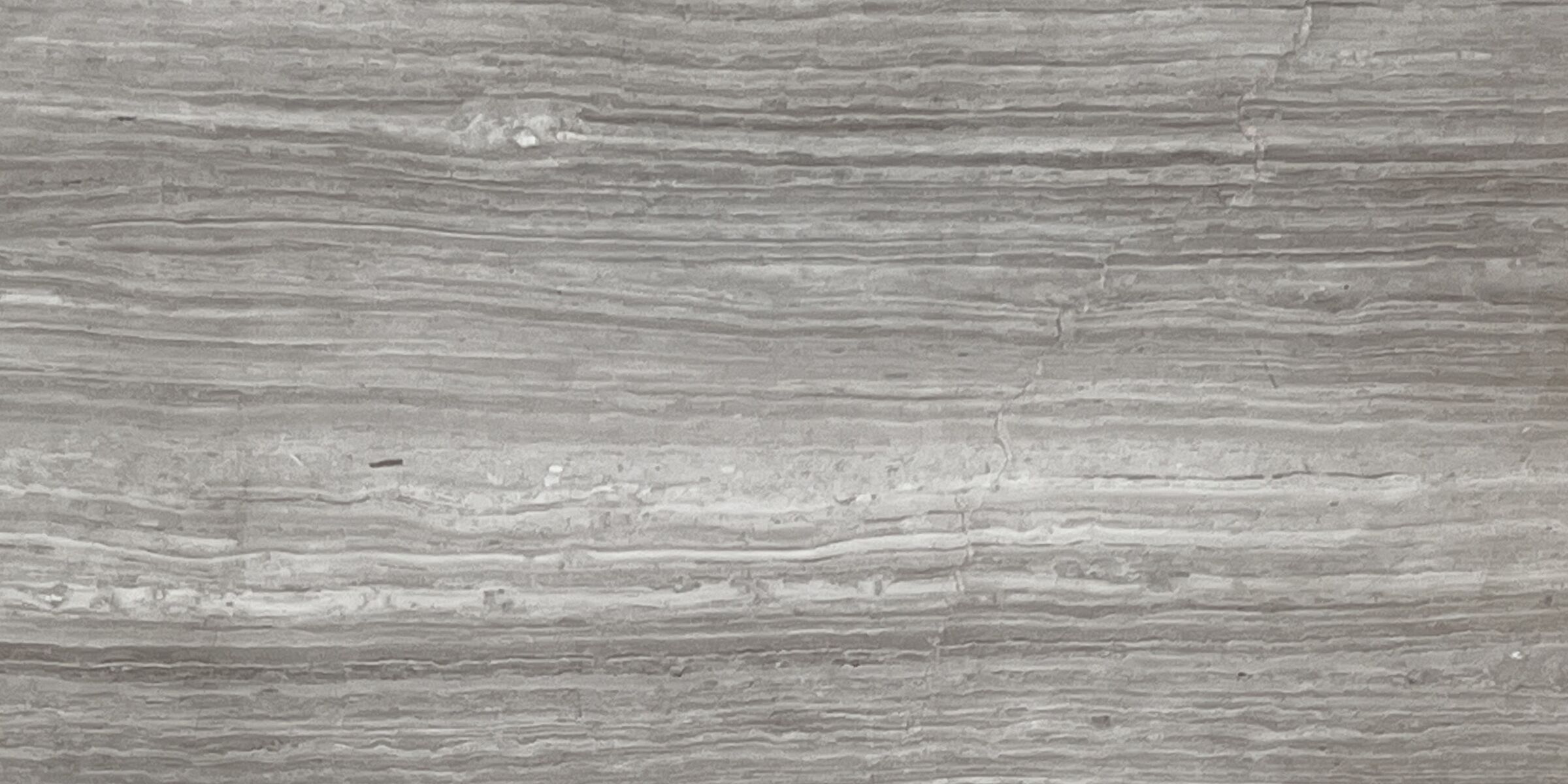When it comes to selecting tiles for your home or commercial space, it’s essential to understand that not all tiles are suitable for flooring. Choosing the wrong type of tile for your floor can lead to safety hazards, premature wear, or costly replacements. Let’s explore the types of tiles that should not be used on floors and why.
1. Wall Tiles
Wall tiles are designed specifically for vertical surfaces and are not suitable for flooring. These tiles are typically thinner and less durable than floor tiles, making them unable to withstand foot traffic. Additionally, wall tiles often have a smoother, more polished surface, which can become dangerously slippery when walked on.
2. Glass Tiles
While glass tiles add a sleek and modern look to walls and backsplashes, they are not a practical choice for floors. Glass is prone to cracking under pressure and can become slippery when wet. Although some glass tiles are labeled as floor-safe, they are best used in areas with minimal foot traffic, such as decorative accents.
3. Soft Ceramic Tiles
Not all ceramic tiles are created equal. While some ceramic tiles are manufactured to handle the demands of flooring, soft or porous ceramic tiles are not suitable. These tiles can chip or crack easily and may absorb moisture, leading to stains or structural weakening over time.
4. Highly Glossy Tiles
Tiles with a high-gloss finish might look stunning, but they can be a poor choice for floors. The smooth, shiny surface can create a slip hazard, especially in wet or high-moisture areas like bathrooms or kitchens. These tiles are better suited for walls or decorative features.
5. Porous Natural Stones
Certain natural stones, such as limestone and sandstone, are highly porous and may not perform well as flooring. These stones are prone to absorbing liquids, leading to stains, discoloration, and potential damage. If used on floors, they require extensive sealing and maintenance, which might not be practical for every homeowner.
6. Thin Mosaic Tiles
Mosaic tiles are often used for decorative purposes, but their small size and thinness make them less ideal for floors. While they can work as an accent or in low-traffic areas, they lack the strength and durability needed for high-traffic spaces.
7. Non-Slip Rated Tiles
Tiles that lack a non-slip rating are not recommended for flooring, particularly in areas prone to moisture or spills. These tiles can pose a serious safety risk, increasing the likelihood of slips and falls.
8. Soft Vinyl Tiles
Soft or thin vinyl tiles are often used for temporary or low-cost applications but are not durable enough for long-term flooring solutions. These tiles can warp, peel, or dent under heavy foot traffic.
Conclusion
So what type of tile cannot be used on the floor? When selecting tiles for your flooring project, it’s crucial to consider the tile’s durability, slip resistance, and intended use. Always look for tiles specifically designed for flooring, with the appropriate thickness, strength, and safety ratings. If in doubt, consult a professional to ensure that your chosen tiles will provide both functionality and aesthetic appeal for years to come.

